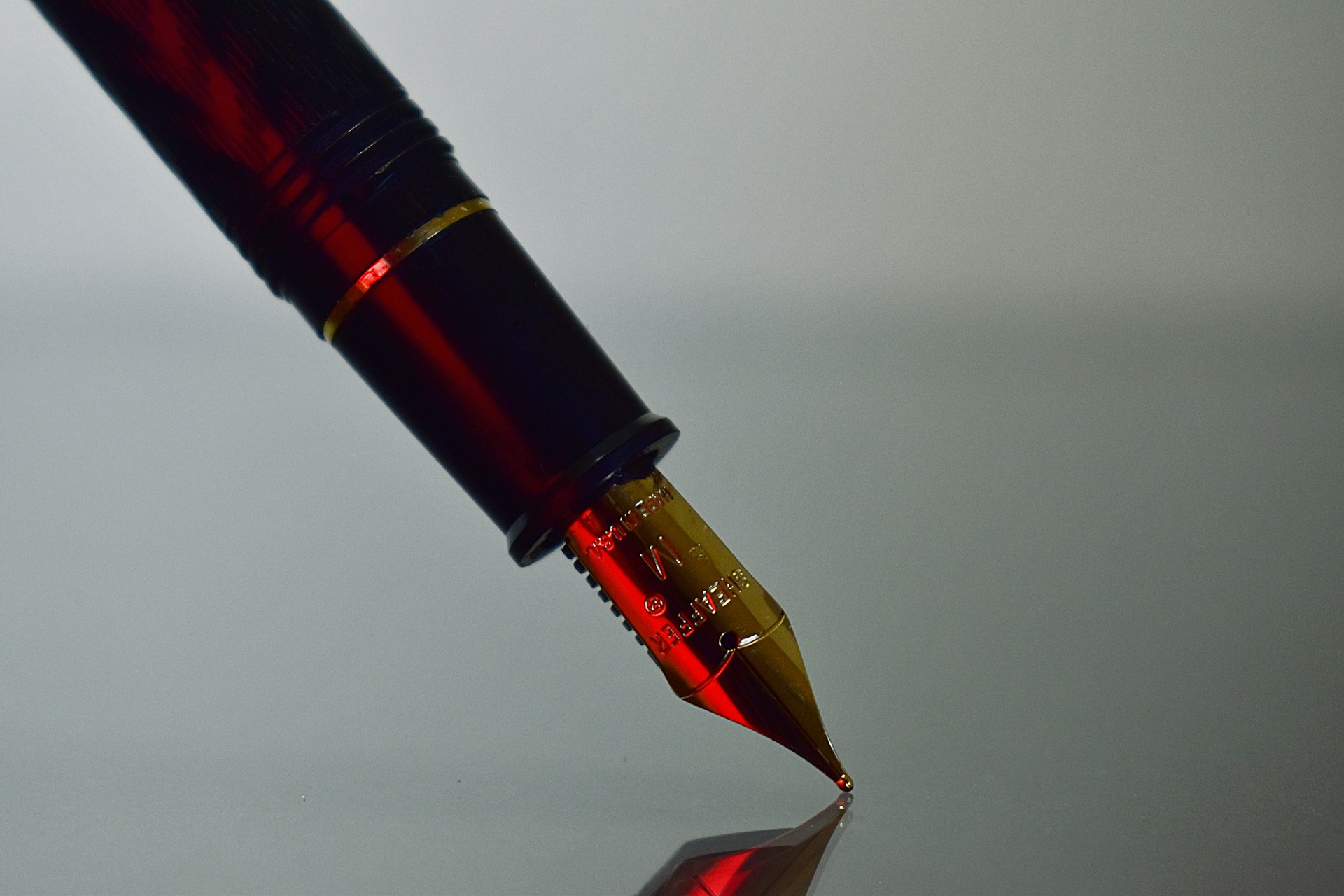How to Spell Similar
-

Eseandre Mordi
-
19 Feb 2024

In our day-to-day communication, both written and verbal, spelling plays a crucial role. It can significantly impact the readability and credibility of our messages. This article focuses on the correct spelling of the word similar, shedding light on common mistakes, and offers tips to remember its spelling, alongside exploring its definition, etymology, transcription, and usage in sentences.
Correct Spelling of Similar
The correct spelling of the word is similar. It comprises three syllables: sim-i-lar. Ensuring each syllable is pronounced and spelled correctly is key to remembering its spelling. This word often appears in contexts comparing two or more items, highlighting their likeness in qualities, appearance, or nature.
How can remember the correct spelling
To easily remember the spelling of similar, focus on its root word "simile", which signifies a comparison. Associating similar with comparison can help recall its spelling. Another technique is to break it down into sounds: sim-i-lar, which can be remembered by the phrase "SIMple sIMILArity".
Common Spelling Mistakes
- similer - Incorrect because it substitutes 'a' with 'e', changing the phonetic output.
- simillar - This doubles the 'l' unnecessarily, which is a common mistake in trying to emphasize the word's ending.
- similiar - Adds an extra 'i' after the 'm', which distorts the word's syllabic structure.
These spelling errors often arise from mishearing the word or overcomplicating its spelling.
Definition and Etymology of Similar
The word similar describes two or more entities sharing characteristics that make them alike in some way, without being identical. Originating from the Latin word "similis", meaning "like" or "resembling", its use in English dates back to the 17th century. Over time, similar has been adopted in various contexts to express likeness, from physical appearance to abstract qualities.
Transcription of Similar
The phonetic transcription of similar is /ˈsɪmələr/. It has three syllables, with stress placed on the first syllable "SIM". The 'i' in the first syllable sounds like the 'i' in "simmer", the 'a' in the second syllable is pronounced as a schwa (ə) sound, similar to the 'a' in "sofa", and the last 'r' is pronounced as it is in the standard American or British pronunciation.
Examples of Using of Similar
- The two paintings are remarkably similar in style.
- She and her sister have similar tastes in music.
- Our opinions are quite similar; I agree with most of what you said.
- These species share similar characteristics.
- I am looking for a job similar to the one I had before.
FAQ
What does the word mean?It means having a resemblance in appearance, character, or quantity, without being identical.
Words Closely Related: alike, comparable, analogous.
Synonyms: akin, alike, resembling.
Difference in American and British Versions
There is no significant difference in the spelling of similar between American and British English. However, pronunciation may slightly vary with the accent, particularly the pronunciation of the ending 'r', which can be more pronounced in American English than in British English.
Academic Dictionaries where Similar is Found
- Oxford English Dictionary.
- Cambridge Dictionary.
- Merriam-Webster Dictionary.
- Collins English Dictionary.
#Spelling #Grammar #Similar #EnglishLanguage #WritingTips
